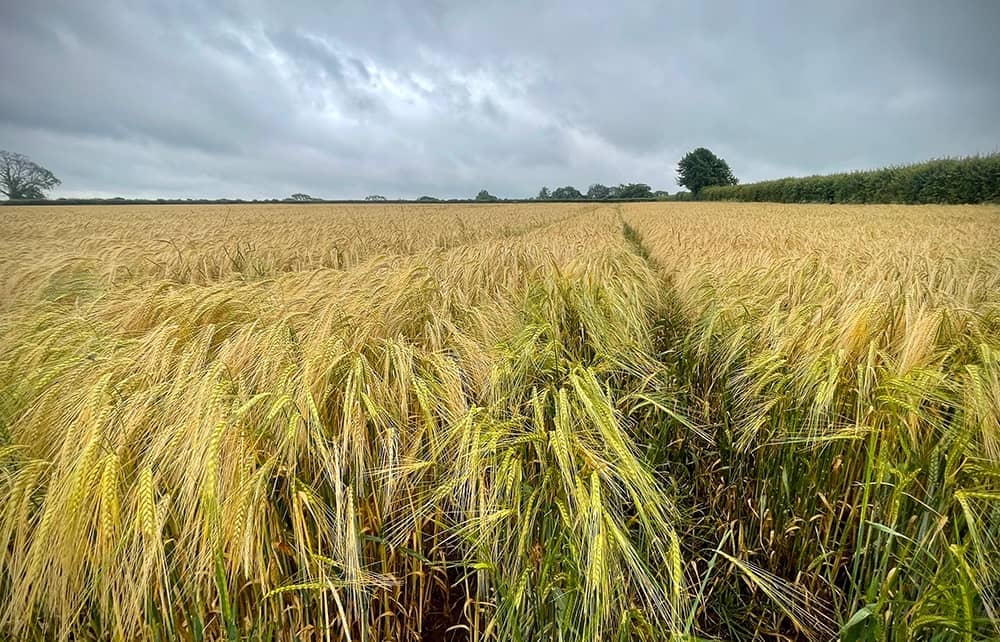Farming threaded its way through the fields, mud, hedgerows and lifeblood of the people who made up Sarah Langford’s childhood. But her grandfather, ‘an oak of a man’ with his high-waisted trousers and ‘smelling of butter, honey and dust’, occupies no romantic sepia image in her memory. A tenant farmer, proud to have provided for the local Hampshire population during the second world war, he remains in the author’s mind a figure unfaded in achievement and identity.
Having spent her early adult years as a successful London-based barrister, Langford and her husband were bringing up their two young sons with hard pavement beneath their feet until a sudden job loss and a wipe-out fire changed their lives. The family’s arrival ‘by accident’ to manage a small Suffolk farm coincided with a national farming revolution taking place, even within the rich, pliable fields surrounding their newly rented cottage. Pledging herself to connect with a surprising and often confusing environment, almost unrecognisable from that of her grandfather, Langford immerses herself in the land, allowing the earth to settle beneath her fingernails, while applying an irrepressibly enquiring mind to inform herself about the reasons for and the possible solutions to such turmoil.
At the beginning of the second world war Britain was importing 70 per cent of its nutritional requirements. By 1945, ‘hero’ farmers such as Sarah’s grandfather were producing three-quarters of our needs. For a while, innovative machinery and chemicals provided deceptively magical assistance. But the resulting unforeseen destruction of soil, habitats and the attendant ecological peril coincided with overproduction within the European Community and a drop in prices. More recently, a gradual reduction of old, dependable subsidies has threatened the erosion of farming income still further, with the disappearance of 10,000 farms forecast in the next decade.
Shot through with tenderness and admiration for the farmers she meets, Langford’s enthralling book is an unignorable call to understand the challenges facing not only farming but the Earth itself.








Comments
Join the debate for just £1 a month
Be part of the conversation with other Spectator readers by getting your first three months for £3.
UNLOCK ACCESS Just £1 a monthAlready a subscriber? Log in